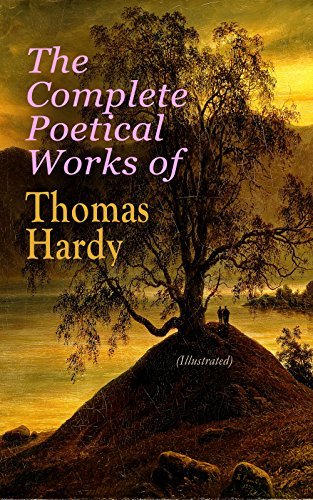What do you think?
Rate this book


1606 pages, Kindle Edition
First published January 1, 1976
 come to my blog!
come to my blog!By the BarrowsFor many reasons, this sonnet always reminds me of Hardy's beautiful novel, The Return of the Native. Read it aloud to yourself, and experience the full beauty and power of the rhyming and metre of the poem. It is safe to say that I will be revisiting this wonderful volume of Hardy's poetry frequently for the rest of my days.
NOT far from Mellstock--so tradition saith--
Where barrows, bulging as they bosoms were
Of Multimammia stretched supinely there,
Catch night and noon the tempest's wanton breath,
A battle, desperate doubtless unto death,
Was one time fought. The outlook, lone and bare,
The towering hawk and passing raven share,
And all the upland round is called 'The He'th'.
Here once a woman, in our modern age,
Fought singlehandedly to shield a child--
One not her own--from a man's senseless rage.
And to my mind no patriots' bones there piled
So consecrate the silence as her deed
Of stoic and devoted self-unheed.